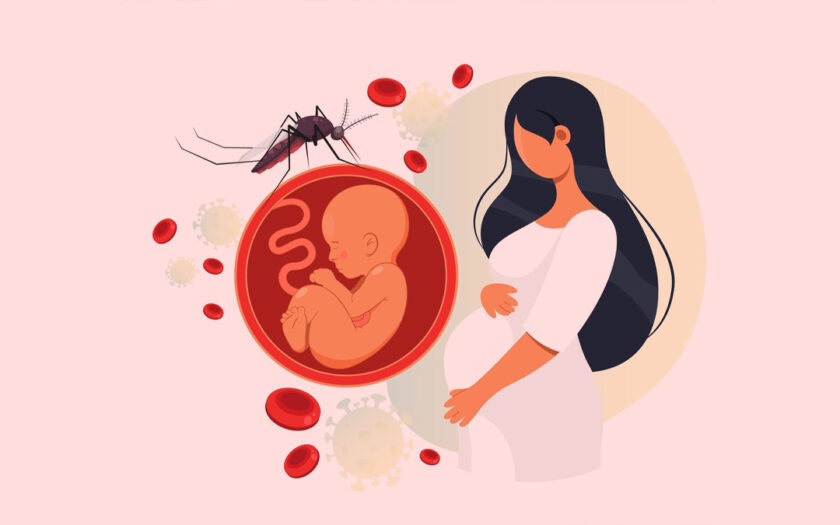Zika is a virus that can be transmitted through the bite of an infected mosquito. Outbreaks have occurred worldwide, especially in tropical regions where specific mosquito species thrive.
Women who are pregnant or planning to become pregnant may be particularly concerned about Zika. The virus can cause severe birth defects such as microcephaly, where a baby is born with a small head and brain. Zika has also been linked to other serious issues in babies, including eye problems, hearing loss, and seizures. Currently, there is no vaccine or treatment for Zika.
Many individuals infected with Zika do not show any symptoms and may not realize they are infected. Those who do get sick usually experience mild symptoms like fever, rash, joint pain, and red eyes. The virus can be transmitted from mother to baby during pregnancy.
Here are five key points about Zika and pregnancy:
- Avoid Travel to Zika-Affected Areas
Pregnant women and those trying to conceive should avoid traveling to areas with active Zika outbreaks. The CDC tracks and updates the list of affected countries.
- Postpone Pregnancy if Traveling to Zika Zones
If you must travel to Zika-prone areas, consider delaying pregnancy. Since the virus can spread through sexual contact, men should use condoms. Pregnant women should use condoms throughout their pregnancy or abstain from sex if their partner has traveled to or lived in a Zika-affected area, even if they have not.
Couples not trying to conceive should use condoms for at least three months after either partner has been in a Zika-infested area to reduce virus transmission.
- Prevent Mosquito Bites
To avoid mosquito bites in Zika-active regions:
- Wear long-sleeved shirts and pants.
- Stay in air-conditioned or well-screened homes.
- Use mosquito repellents safe for pregnant women (refer to EPA guidelines).
- Eliminate standing water in places like children’s pools, flower pots, and old tires, where mosquitoes breed.
- Get Tested for Zika if Necessary
Pregnant women who have traveled to Zika-active areas should get tested if:
- They show symptoms of Zika.
- An ultrasound reveals possible Zika-related issues.
- Their male partner has lived in or traveled to these areas.
Women living in or frequently traveling to Zika-active regions should get tested:
- Anytime they show symptoms.
- During their first prenatal visit, and two additional times at regular prenatal visits.
- Consult Your Doctor
Discussing pregnancy plans with your healthcare provider is essential, as your situation is unique. Medical professionals are continually studying Zika’s impact on mothers and babies. As more information becomes available, guidelines may change. Check the CDC’s website for the latest updates.



